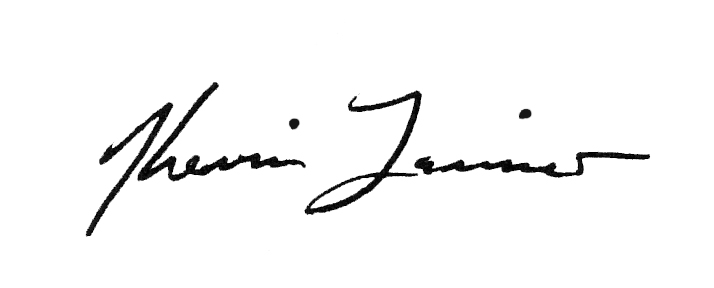Out of Sight, Out of Mind
When I was a kid, growing up on a farm in Wisconsin, my chores included collecting the household trash on Saturdays and disposing of it in the “burn barrel” behind the corncrib. This was years before recycling programs, during a time when, I shudder to recall, rural neighbors would roll down their car windows and chuck bags of fast-food containers and empty bottles into the ditch near our home without so much as tapping their brakes. The guiding principle back then seemed to be “out of sight, out of mind,” and that’s exactly why we used the burn barrel. Rather than reuse or recycle paper—and a good amount of plastic and Styrofoam—we burned it. What wouldn’t burn we threw in our own dump, two pits my grandfather had dug behind one of the cow pastures near a portion of our property that my brother and I still refer to as the “back forty,” even though the farm was sold more than twenty years ago. Riding in the “dump wagon,” surrounded by the week’s garbage, pulled by what to my eight-year-old eyes and ears was an impossibly powerful tractor, and then throwing it onto growing piles that were picked over by various birds and vermin, was unimaginably fun. Still, the burn barrel held a special place in my heart. Tending to the flames, the grate from an old, rusted-out barbecue placed over the top so embers wouldn’t set fire to the nearby field, was as good as it got, as far as chores go (even after the time when, with bare feet, I accidentally stepped on that same grate as it lay sizzling in the grass, searing perfect steak-house grill marks into my soles). There was something about placing items in the flames—the grocery list, always in blue ink, my mother’s lovely scrawl; an old piece of homework; plastic rings from my dad’s six-pack, Pabst—and watching them disappear into ashes that captured my imagination. I hadn’t yet learned how few things in life are ever that easy to forget.
“The past is never dead. It’s not even past,” wrote William Faulkner in his 1951 novel, Requiem for a Nun. John Kulka makes reference to that quote in his comments about the relevance of the Library of America. “Our history and literature still have much to teach us,” he tells Adrienne Raphel. “We ignore it only at our peril.” He’s talking about the history of our country, of course, but it’s just as true about one’s own history. As a writer, I remember the burn barrel, and those ashes, and I write it all down. I wish you the best of luck with your own work, and thanks for reading.








